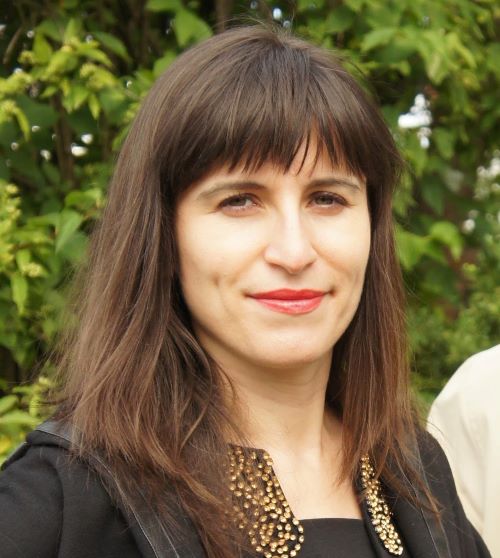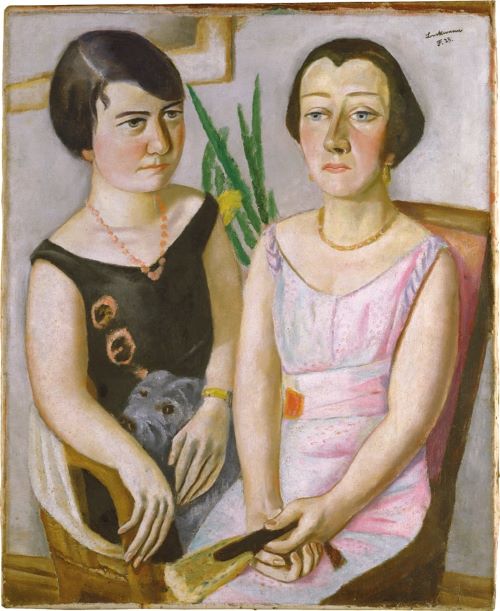Waking up in a borrowed room, in a bodyborrowed for a time, in a timeborrowed and hardly used I remember how lightmy head becomes when the boys overtaking usin the alley tickle me with guns running them down my spine, then my hipHow I levitate, the force of a scream suppressedlifting me up and up! And the way it gets dark when strange menpound on my door at nightshouting “Open up, or we’ll break it in!” Right before the war, I’d wake up in beddreaming of another bed, body in it exposedbone by bone, like a radiograph through a brilliance, an explosiontearing at the membranesthat ensconce the sleeper Close, yet notan exact match, like a rhyme in a poemyou compose posthaste, linesblurred by terror
Approximations
Oksana Maksymchuk
Feature Date
- April 16, 2023
Series
Selected By
Share This Poem
Print This Poem
Copyright © 2023 by Oksana Maksymchuk.
All rights reserved.
Reproduced by Poetry Daily with permission.

Oksana Maksymchuk is a bilingual Ukrainian-American poet, scholar, and literary translator. Her poetry appeared in AGNI, The Irish Times, The Paris Review, The Poetry Review, and other journals. In the Ukrainian, she is the author of poetry collections Xenia and Lovy and a recipient of Bohdan-Ihor Antonych and Smoloskyp prizes, two of Ukraine’s top awards for younger poets. With Max Rosochinsky, she co-edited Words for War: New Poems from Ukraine, an award-winning anthology of contemporary poetry. Oksana won first place in the Richmond Lattimore and Joseph Brodsky-Stephen Spender translation competitions and was awarded a National Endowments for the Arts Translation Fellowship. She is the co-translator of Apricots of Donbas by Lyuba Yakimchuk; and The Voices of Babyn Yar by Marianna Kiyanovska. Oksana holds a PhD in philosophy from Northwestern University. Based in Lviv, Ukraine, she currently resides in Poland.
Plume is a magazine dedicated to publishing the very best of contemporary poetry. To that end, we will be highly selective, offering twelve poems per monthly issue. A provisional indication of our tastes — “what we are looking for” — may be inferred from the quoted passages (which will change often): a sense of the uncanny, foremost, and of the fineness of language, the huge absences to which it points and partakes of, and the urgency and permanence of its state of departure — the coattails forever — just now — disappearing around the corner…
The title of our review suggests several elements that in one way or another find kinship in our little adventure: Aside from the fact of its French definition — and not forgetting l’homme de plume — these include:
— in English, the feather with which one adorns oneself or bestows on another, whose topmost barbicels when trailed across a bare forearm or unguarded nape make its owner’s skin crawl and leap with delight;
— the name of Henri Michaux’s ephemeral and paradoxical prose poem figure;
— and the glancing blow of surrealism in Breton’s famous reaction upon finding himself in the presence of beauty: “a plume of wind at the temples.”
Poetry Daily Depends on You
With your support, we make reading the best contemporary poetry a treasured daily experience. Consider a contribution today.




